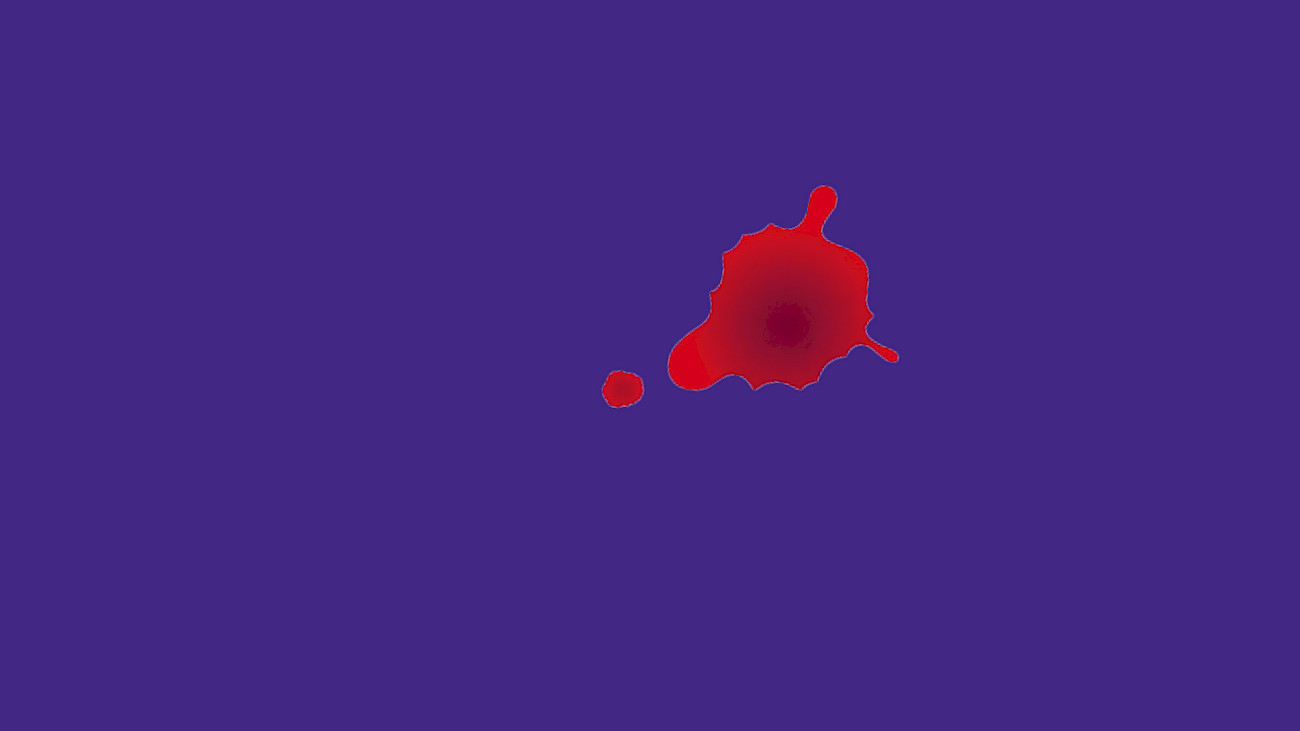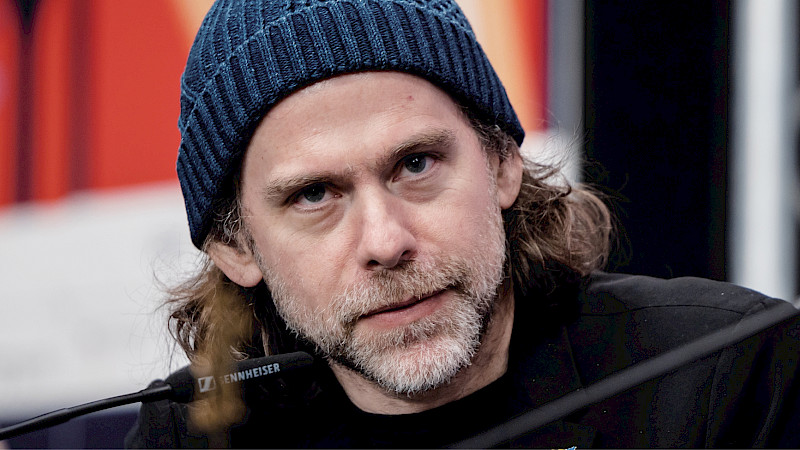
Murder Ballads
With his "Murder Ballads" Bryce Dessner takes up an old, bloody tradition.
Their names were Emily, Omie or Polly, they hoped for love and had no luck with it. We know about it – because their stories were sung about in murder ballads. In the 19th century, these ballads were what true-crime series are today: gruesome tales of more or less true events, sensationalist reports of love and crime, often mixed with a dash of morality. Listen to the last verse: what happens when you get involved with the wrong person (or your father gets the right person).
Such murder ballads were sung in the streets and at fairs until newspapers and radio had become so widely accepted that they could take over the dissemination of the horror stories. After that, the genre moved from the streets to the arts: for example, to the "Threepenny Opera" by Bertolt Brecht and Kurt Weill, in which Mackie Messer has his deadly weapon already in his name. One can only appreciate the irony of this song when listening to the album "Murder Ballads" by Nick Cave & The Bad Seeds, released in 1996: what is told there by Hilda, Hattie and Holly in gloomy voices and ominous sounds is almost unbearable.
Another 17 years later, our Creative Chair Bryce Dessner has composed "Murder Ballades", based on (mostly) traditional melodies, but completely without words. Six instruments are enough for him to bring Emily, Omie and Polly into the present. And to remind us that their tragedies are still happening today.
Translated with DeepL.com





